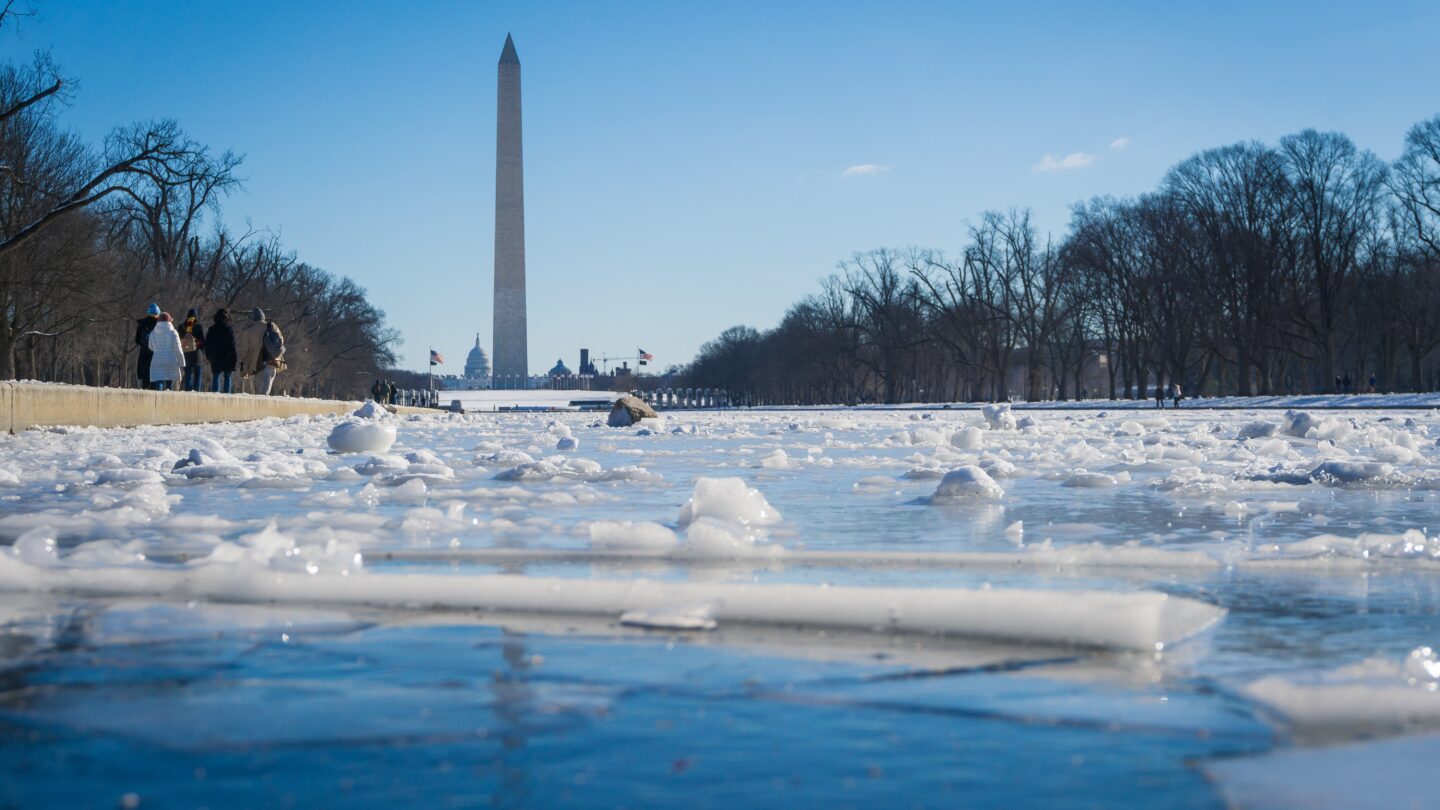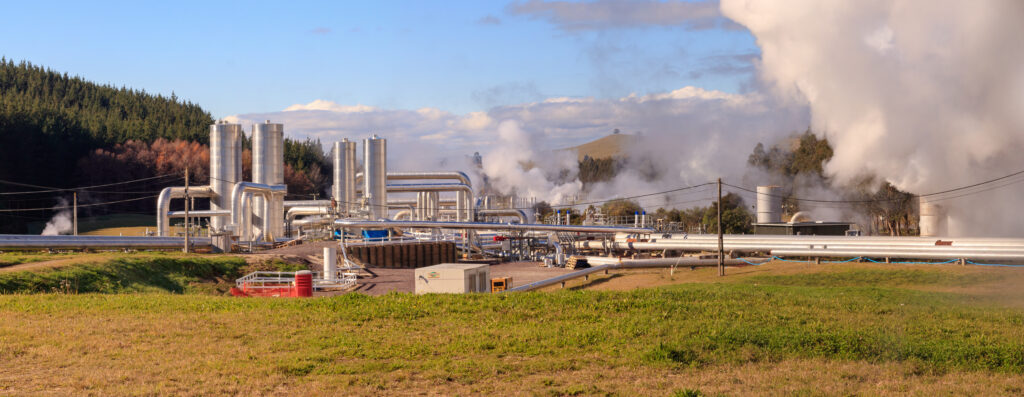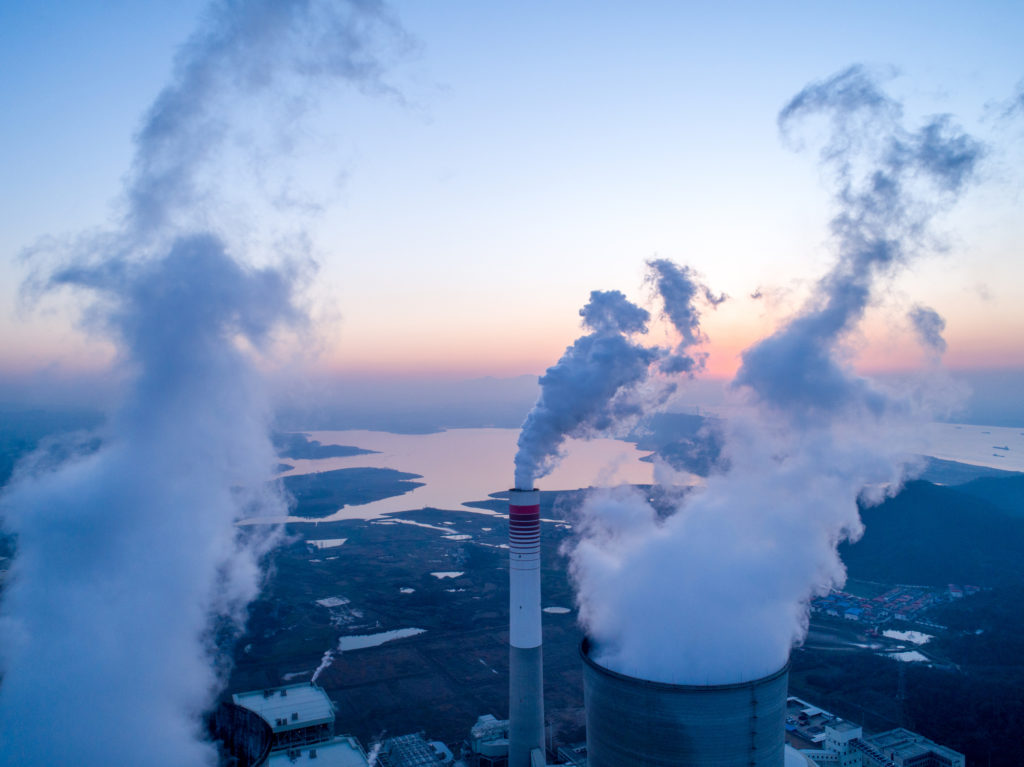If you read conservative tracts expressing skepticism about the need to address climate change, one is struck by the vigor devoted to arguing about the most likely outcome of loading anthropogenic greenhouse gases in the atmosphere. The most likely outcome, according to most of these authors, is only very modest warming of little consequence. From that foundation, the argument against action is built: the cost of doing something about climate change exceeds the benefits, etc.
Years ago, I was among those who got stuck on the aforementioned “most likely outcome” narrative. I have come to appreciate, however, that even if the so-called “lukewarmers” are correct about the most likely climate outcomes, their observation settles nothing. That’s because risk management is not about discerning the optimal response to the most likely outcome. It is about discerning the optimal response to the most likely distribution of possible outcomes.
While this point might strike some conservatives as a suspicious attempt to smuggle in the “precautionary principle” (a principle my friend Indur Goklany once railed against in a book I commissioned and edited when I was at the Cato Institute), it is intuitively correct once you think about it.
Consider, for instance, that the most likely outcome of investing your money in equities is a better return than you might receive from investing in other financial instruments such as municipal bonds. Does this argue for investing all of your money in equities? No. Most investors understand that there is a great deal of uncertainty in markets and that the returns on investment in any given year are difficult to predict. Investors thus tend to hedge their bets.
Or consider that, in March, odds makers in Las Vegas believed that the most likely outcome of the 2015 baseball season was a World Series win by the Washington Nationals. Do we conclude, then, that—were we gamblers—we should put all our money on the Washington Nationals? Of course not. Baseball forecasting is such an uncertain business that our best guess about most likely outcomes is of little value. We either don’t gamble, we don’t gamble heavily, or we hedge our bets (if we’re smart).
Neither of these two examples is a perfect analogy to the climate debate. That’s because we have a great deal of historical data, for instance, to inform our sense of the likely distribution of potential outcomes in the finance sector and decades of baseball history to inform our judgement about team prospects. We have arguably zero data points to repair to in the course of informing our sense of the likely distribution of potential outcomes in the climate arena. Never before have we run an experiment where heavy concentrations of anthropogenic greenhouse gases were loaded into the atmosphere. At best, we have historical data about the relationship between atmospheric greenhouse gas concentrations and climate and hypotheses about what might happen in the future given our incomplete knowledge about how the climate works.
All this leads to great uncertainty: arguably even more uncertainty than in the case of picking the most likely winner of the World Series. This uncertainty argues even more strongly against premising policy largely on “most likely” outcomes because our ability to identify the most likely outcome is rather suspect. Once we take seriously the full range of possible climate outcomes—some of which are quite frightening—the risk management picture becomes quite different from that depicted by some of my colleagues on the Right.
These points are most powerfully driven home by Harvard economist Martin Weitzman (a good summary of his work on this topic and its policy implications can be found in pages 20-25 the The Costs of Delaying Action to Stem Climate Change from the White House Council of Economic Advisors) and financial risk management expert Bob Litterman. The fact that even one of the most prominent so-called scientific “skeptics”—Judith Curry—acknowledges the legitimacy of these concerns (although, to be fair, she is not fully persuaded) underscores the fact that low probability, high impact catastrophe scenarios simply must be wrestled with by serious conservatives … and most do not.
When asked why I changed my mind about federal climate policy, this is a large part of my answer. Building an argument against climate action upon a forceful claim about the most likely outcome of greenhouse gas emissions is to build an argument upon analytic sand. Once I realized that, I got out of the sand castle building business.






